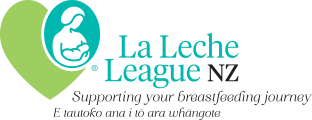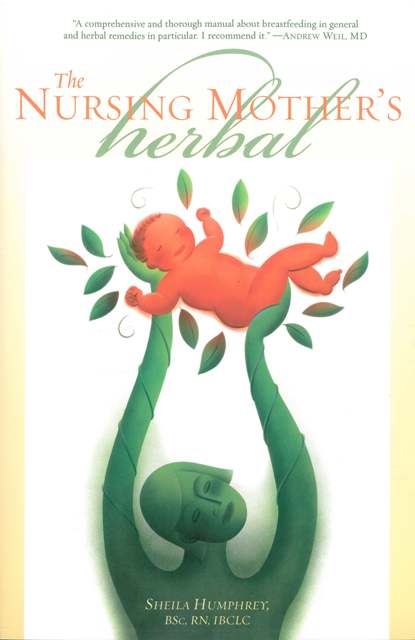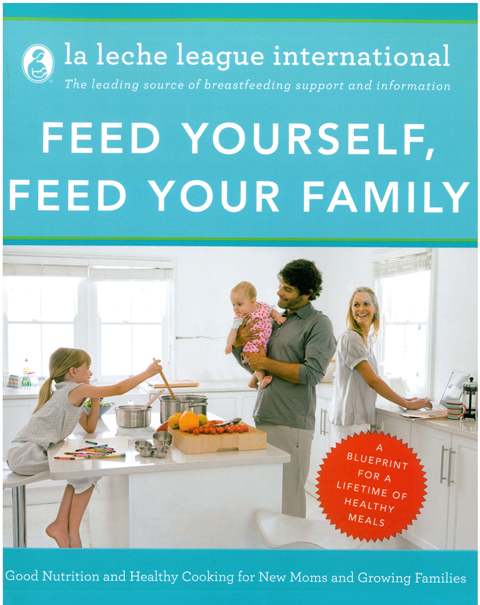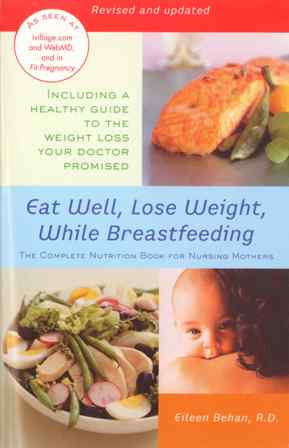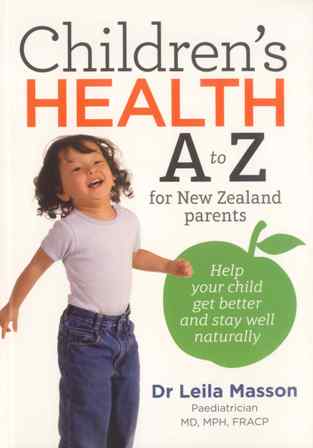What if?
“With our first baby, I had a very difficult birth and my milk just didn’t come in. I didn’t know what to do so we started him on formula when I got home from the hospital. I really wanted to do it differently for our next child. I planned more when I got pregnant again – found LLL and did a lot of reading. It wasn’t easy this time either but with persistence and a lot of support we got our girl latched on and my milk finally came in. We’re so glad! But now sometimes I can’t help wondering when our son is sick, is that because of the formula? Or when my daughter seems to developing faster in some way, maybe because she got my milk… Do other mothers have problems with “what ifs” and “if onlys” like these?”
Responses
Karen Taylor-Lewis, Te Awamutu – Yes and yes to the many “what ifs” and “if onlys” of raising children. When I discuss my thoughts with my husband, I am regularly told I think too much about things I can’t change! So I try and make sure that I don’t blame myself and instead remind myself I did the best I could, with the knowledge I had, at the time. If possible I learn something for the future: e.g. think proactively and take care that all the food I provide my children is the best nutrition possible, especially after giving them the best start with breast milk.
Lisa Ross, Hibiscus Coast – You did the best you could with the knowledge and support and experience you had at the time. Everyone has moments of hindsight. You can’t know for sure if your son gets sick because he had formula from a young age, just as I can’t know for sure that my daughter has allergies because I gave her something other than breast milk in the early weeks. Had we known what we know now, we may have done things differently, but we didn’t. Acknowledge it as a maybe, then move forward, knowing you are doing the best with the knowledge and support you have now.
Bea Lorimer, Waiheke Island – I only have one daughter, whom I breastfed, so I don’t have the same perspective of comparing one to another, but I do sometimes question certain behaviours and traits of hers and wonder if they would be different if I’d reacted in another way. We want our children to become the best they can, so I think it’s perfectly normal to question some things.
We need to trust that we are making the best decision we can in any given moment- and there’s more than one “right” choice. Kids are resilient, and as long as we’re giving lots of love – and making decisions with the best intentions – they will surely bounce back from any “wrong” choice we’ve made.
Claire Hargest-Slade, Timaru – The “if onlys” really get to us as mothers – if I had more knowledge, more support, the baby’s health status had been better or different – these are feelings of regret and grief; perfectly natural responses to an unexpected outcome in regards to feeding your first baby . Often when mothers have subsequent babies the painful feelings of perceiving they have failed or deprived their child can be triggered and resurface.
Blaming yourself or others can be an attempt to regain control of a situation that you may have felt powerless in. Remembering that you did the very best that you were able to do in the situation can be comforting. However you fed your son, your deep and loving commitment to being his mother is evident. Instead of comparing the health of the two children, perhaps see your second experience as a positive chance to heal the hurts of the first for you. Well done on persevering through what sounds like a tricky start!
Adith Stoneman, Kelston Group, Auckland – I believe that mothers have the word guilt written all over their foreheads. Even fathers do. We, with the wisdom of hindsight, know that we could have done things differently or could have responded differently. Yet it is just that: “wisdom of hindsight”. What is most important is that we learn from it. We can make a difference by educating other mothers about the importance of a healthy pregnancy, of the great start in life by experiencing a vaginal birth, of the importance of skin to skin contact, the truth that breastfeeding can be hard work but it is absolutely worth it.
The founding mothers of La Leche League had a variety of experiences in regards to breast and bottle feeding. They decided to set up a support network and to pass on the lessons they had learned to other mothers. And look what an effect this has had. Be proud to be part of LLL; be proud to be part of a group of mothers and fathers who are making a difference in our world. Guilt is not a helpful emotion. You are a loving mother who wants the best for her children. Be proud of the efforts you make every day to ensure the best for your children.
Kathy Deacon, Invercargill – Well done that you have managed to feed your little girl; it sounds like she is thriving on your milk. It is sad that you were not able to breastfeed your son. You sound like you have regrets and wonder if his health could have been better. We promote breastfeeding as the best food for babies and sing its praises for optimum health, so it is only natural for you to wonder if things could have been different.
We are lucky in this country that we have good quality formula and a clean water supply. Without a constant supply of donor milk being readily available in this country at present, your baby received the best that was available. Without the formula he could have been a very sick wee boy. It must be frustrating to wonder why it didn’t work out the first time round, but I’m sure he received all the love and care you could give him. It is wonderful that you found good support and information to breastfeed your daughter. You will be enriched by both experiences and will no doubt be a great source of comfort and support for other mothers.
